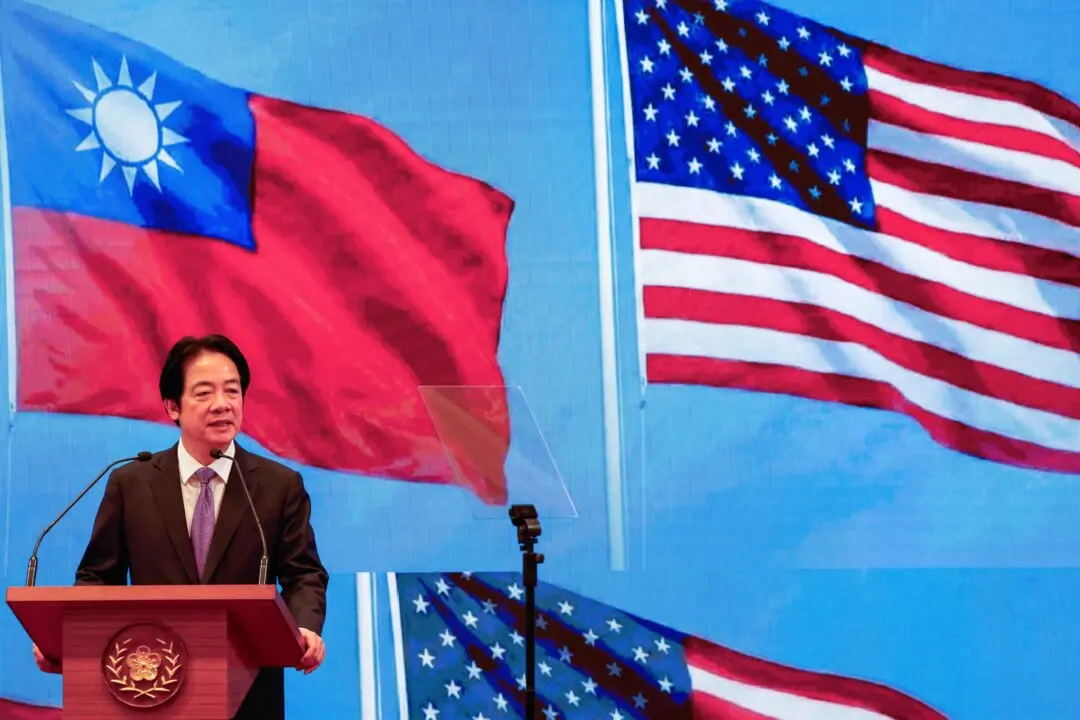U.S.-based advocacy group Doctors Against Forced Organ Harvesting (DAFOH) and four other NGOs are calling on governments and the public to support a new initiative to end China’s state-sanctioned practice of forced organ harvesting.
The acts include coercing individuals into donating their organs as well as removing organs from living or deceased donors without proper consent, according to Caplan.
Caplan is also the director at the Division of Medical Ethics at NYU Grossman School of Medicine.
He said governments should adopt legislation criminalizing these acts as suggested by the declaration.
Caplan said it’s time to ensure that forced organ harvesting relying on phony or coerced consent comes to a halt.
“Nations engaged in such practices must be identified, called to account, held responsible, and even boycotted, until transplantation is operating under a moral framework of free choice and respect. I think this declaration does it,” he said.
The other four NGOs are the Taiwan Association for International Care of Organ Transplants, the Korea Association for Ethical Organ Transplant in South Korea, the Transplant Tourism Research Association in Japan, and CAP Freedom of Conscience in France.
The Chinese Communist Party (CCP) turns China into a top destination for organ transplant procedures as Chinese hospitals can often find patients with a matching organ in an extraordinarily short amount of time. The regime has dismissed allegations of its engagement in organ harvesting as “rumors” and said the country has a national donation system for organ procurement.
“[China’s] current voluntary system to get organs seems to be operating alongside the continued use of non-voluntary donors—most plausibly, prisoners and people who thus are misclassified as prisoners and as voluntary donors—in order to maintain the pace at which China is performing transplants,” Caplan said.
Also calling for some form of boycott against China during the Sept. 26 online session was David Curtis, honorary professor of genetics at University College London.
“It is time for us in the West to think about more formal professional boycotts, especially among doctors and scientists on the basis that the medical and scientific professions in China are implicated at an institutional level in these practices,” Curtis said.
Another speaker, Elisabetta Zamparutti, a lawyer and former member of the Italian Parliament, called for the United Nations, the World Health Organization, the Council of Europe, and the European Parliament to speak up against health cooperation with China.
Dr. Torsten Trey, executive director of DAFOH, said the declaration “addresses the abominable practice of forced organ harvesting.”
“We ask for your support by joining us in our efforts to end this derailment of medical ethics,” Trey said.




